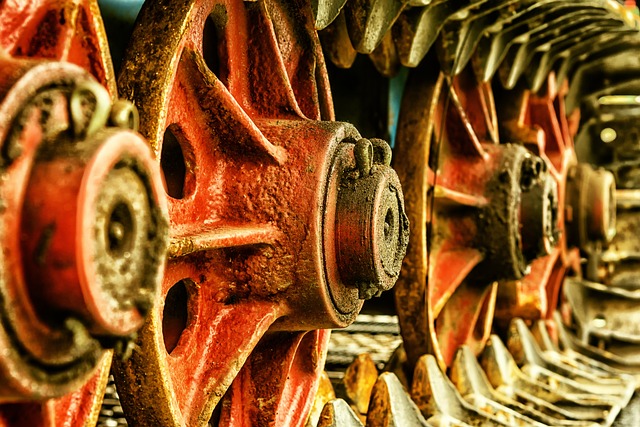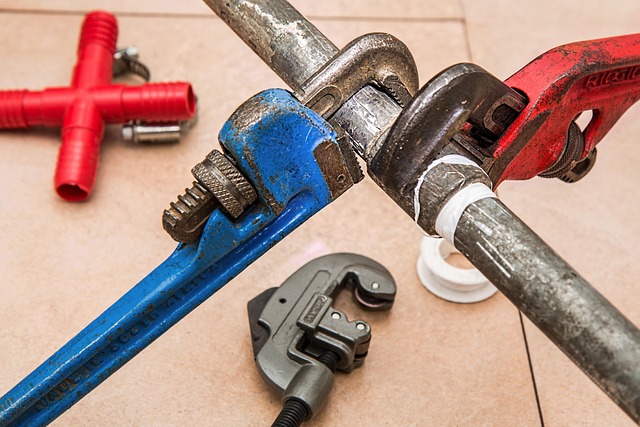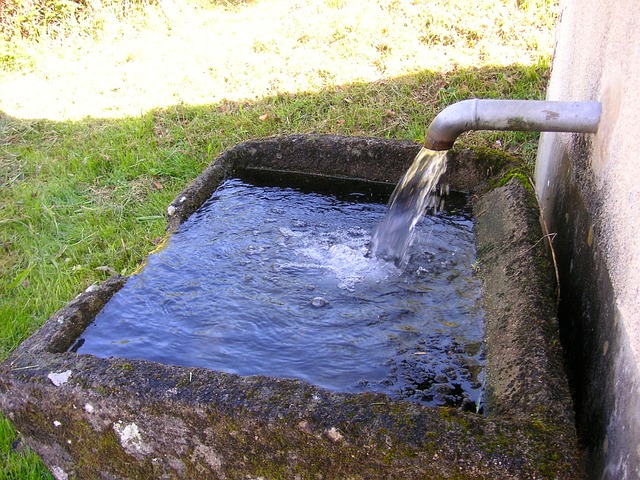Pipe corrosion, a significant plumbing concern for homeowners, stems from various factors including water quality (chlorine, minerals), pipe materials (iron, steel), environmental conditions (moisture, temperature), and improper installation. Regular maintenance is key to early detection, preventing severe damage. Understanding common causes like high chlorine levels, mineral buildup, and water pressure fluctuations guides effective prevention strategies: material selection, regular inspections, insulation, corrosion-resistant materials, and water softener maintenance.
“Unveiling the science behind pipe corrosion is essential for every homeowner to ensure their plumbing system’s longevity. This article delves into the intricate world of metal degradation, exploring the common causes that lead to pipe corrosion. From water quality and chemical interactions to everyday exposure, we’ll unravel these factors. Understanding these elements is the first step toward effective prevention. By implementing tailored strategies, homeowners can safeguard their pipes, mitigating potential leaks and costly repairs.”
- Common Causes of Pipe Corrosion
- Understanding the Impact of Water Quality and Chemistry
- Prevention Strategies for Homeowners
Common Causes of Pipe Corrosion

Pipe corrosion is a common issue that plagues many homeowners, leading to costly repairs and disruptions in their daily lives. Understanding the common causes of pipe corrosion is essential for any homeowner looking to protect their plumbing system. The primary culprits include water quality issues, such as high levels of chlorine or other chemicals used for water treatment, which can accelerate corrosion over time. Additionally, pipes made from certain materials like iron or steel are particularly susceptible to corrosion due to their reactivity with oxygen and moisture present in the water supply.
Another significant factor is environmental conditions, including exposure to moisture, humidity, and varying temperature fluctuations. These elements contribute to the formation of rust and other corrosion products, weakening pipe structures. Moreover, improper installation techniques, such as inadequate sealing or incorrect material choices, can create favorable environments for corrosion to set in. Homeowners should be vigilant about regular maintenance checks to identify any signs of corrosion early on, enabling them to take preventive measures before significant damage occurs.
Understanding the Impact of Water Quality and Chemistry

Water quality and chemistry play a significant role in pipe corrosion, which is often one of the common causes of pipe damage. The presence of impurities, such as high levels of chlorine or certain minerals, can accelerate corrosion rates, especially in metal pipes like copper and steel. For instance, hard water, rich in calcium and magnesium, can lead to the formation of scale on pipes, reducing their lifespan and increasing the risk of leaks.
Additionally, acidic or basic water chemicals can cause different types of corrosion. Acidic water may result in pitting corrosion, where small holes develop on the pipe’s surface, while basic water can lead to general corrosion, causing a more uniform erosion over time. Homeowners should be aware that local water supplies often have specific characteristics, and understanding these could help them anticipate potential issues and choose appropriate materials or treatment methods for their plumbing systems.
Prevention Strategies for Homeowners

To prevent pipe corrosion, homeowners must first understand the common causes. The most frequent culprits are water quality issues, including high levels of chlorine and other chemicals, which can accelerate corrosion rates. Additionally, iron and manganese in the water supply can lead to unsightly stains and damage pipes over time. Another significant factor is water pressure fluctuations, causing pipes to expand and contract, leading to stress points that weaken their structure.
Effective prevention strategies involve regular maintenance checks, especially in older homes. Homeowners should inspect pipes for any signs of corrosion, leaks, or damage. Insulating pipes, particularly in unheated areas, can also be beneficial as it protects them from extreme temperature changes. Using corrosion-resistant materials during repairs or replacements is another vital step. Additionally, keeping up with water softener maintenance can significantly reduce the impact of mineral buildup inside pipes.
Pipe corrosion is a prevalent issue among homeowners, but understanding the science behind it empowers us to take preventive measures. By recognizing the common causes, such as water chemistry and pipe materials, we can effectively mitigate corrosion risks. Homeowners should be aware of the impact of water quality and implement simple yet powerful prevention strategies. With these insights, we can ensure our plumbing systems remain reliable and efficient for years to come, avoiding costly repairs and disruptions.
